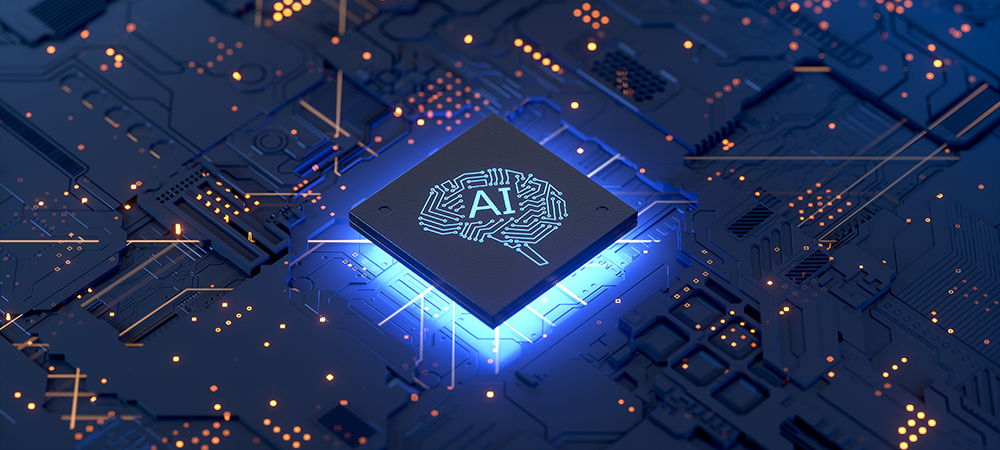Insights and trends shaping the future of IT and business will be highlights at the Gartner CIO & IT Executive 2024 conference.
Everyday Artificial Intelligence (AI or Everyday AI) and Digital Employee Experience (DEX) are expected to achieve widespread adoption in less than two years, according to Gartner’s new Hype Cycle for Digital Workplace Applications 2024.
Insights and trends shaping the future of IT and business, including accelerating business transformation, modernizing applications, infrastructure and operations, will be highlighted at the upcoming Gartner CIO & IT Executive 2024 Conference which will take place September 23-25 at the Sheraton São Paulo WTC Hotel.
“Everyday AI promises to eliminate digital friction by helping employees write, research, collaborate and generate ideas,” said Matt Cain, Vice President and Analyst, Gartner.
“It is an essential part of the Digital Employee Experience, which is a concerted effort to remove friction and improve the digital dexterity of the workforce – which in turn is one of the key factors that will drive organizational prosperity by 2030.”
2024 has been pivotal for digital workplace application leaders as the focus on hybrid and remote work wanes and the need for a strategic focus of AI applied on a day-to-day basis grows. The technology is positioned at the top of the Inflated Expectations in the 2024 Hype Cycle for Digital Workplace Applications.
“Artificial Intelligence technology applied on a daily basis aims to help employees do their jobs quickly, comprehensively and confidently,” said Adam Preset, Vice President and Analyst, Gartner.
“It supports a new way of working, where intelligent software acts more like a collaborator than a tool. The digital workplace is now entering the era of AI applied in everyday life.”
As tech vendors look for ways to improve worker productivity that go beyond traditional application and feature improvements, they may turn to AI applied in everyday life. Not only does this technology offer productivity benefits, but it also provides new marketable offerings, such as tools to help workers find and synthesize relevant information, answer questions more comprehensively and produce work artifacts more easily.
“AI applied on a daily basis will become more sophisticated, moving from services that, for example, can classify and summarize chats and email messages to services that can write a report with preliminary guidelines,” said Preset.
“In many ways, AI applied in everyday life is the future of workforce productivity.”
Almost all employees are going digital, dedicating more time than ever to activities with technology.
Therefore, companies need to have a strategy to measure and improve the Digital Experience of Employees to attract and retain talent, improving employee engagement and maximizing discretionary effort and the intention to remain in the company.
Business leaders are seeking guidance on how technology can help increase productivity and organizational alignment. Digital Employee Experience emphasizes best practices that increase digital dexterity, attract and retain talent, and help employees achieve business outcomes.
Digital Employee Experience is in the Valley of Disillusionment in Gartner’s Hype Cycle, which means that interest is waning as experiments and implementations fail to deliver the expected results.
To increase its appeal and relevance, business leaders must take a holistic approach, engaging technology and other partners, to build a meaningful environment that empowers employees to adopt new ways of working.


